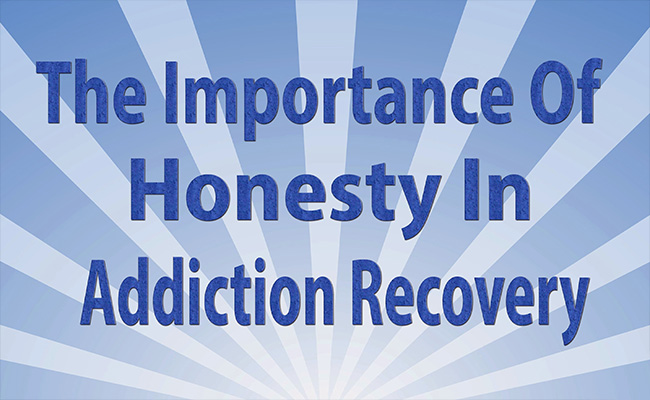Many people entering treatment will find that their addiction is severe enough that they will go through some for a detox symptoms. Many of these symptoms are dangerous and require medical assistance. Alcohol addiction, for example, can be extremely difficult to completely let go of without medical help. The most common symptoms of detox are shakes, night sweats, anxiety, and sleeplessness. These symptoms generally abate within 3-10 days but tremors and anxiety can persist longer in some people. More severe detox symptoms will include seizures and hallucinations. Detox symptoms of this order require medical attention. The consequences for some people can be fatal. If you are going through an alcohol detox make sure to see a physician to make sure you can be properly monitored as you move into treatment. Many treatment programs include a medical detox, but not all.
For drug addictions such as heroin, cocaine, and methamphetamine the detox may be difficult but is not generally considered dangerous. Flu-like symptoms, lethargy, anxiety and nausea are common. Here again, a medical detox will assist with these symptoms. The more far-reaching problem for addicted people is the severity of these detox symptoms can make it impossible for them to stop using. This is why a medical detox is often necessary. Once you make it through these detox issues which usually only last a few days, you are well on your way to sobriety.
It is important to remember that detox symptoms are temporary. They will pass. Make sure to work with either a support group or with a qualified addiction treatment professional. Support groups such as AA and NA know exactly how these symptoms unfold and members of these groups have been through the same ordeal. They know exactly how it feels and how to get you through the tough times. Obviously, a trained addiction treatment professional, with the help of a physician, can prescribe medications which will alleviate the severity of the symptoms.
Some general rules regarding withdrawal and detox:
Alcohol withdrawal can be severe and potentially fatal. One should work with a medical detox facility.
Heroin detox is most often a matter of feeling extremely ill. It is not considered life threatening.
Methamphetamine can require medical assistance due to the extreme mood swing which may attend detox.
Benzodiazepines such as Xanax and Valium withdrawal can be fatal. Consult a physician before you stop using these drugs.
Cocaine withdrawal and detox may require assistance with the extreme mood swings.
The most important thing to keep in mind is that all of these detox symptoms can be managed and alleviated. As stated above, many treatment facilities include a full medical detox as part of their treatment program. Keep in mind that the illness you are battling is far worse than the brief period of detox. Nearly all of these detox symptoms last no more than about a week. If you have any doubt whether or not you will encounter these detox symptoms, consult your doctor or make sure to go through a medical detox facility. The key thing to remember is that once you pass through the phase you are the road to health.
CLICK HERE to get a Free Confidential Addiction Rehabilitation Assessment.














